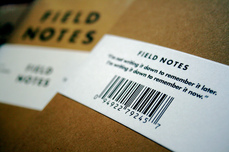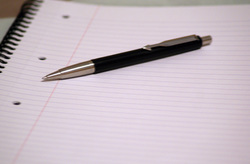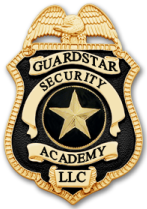 This article was originally published at www.propiacademy.com When you graduated high school you probably thought taking notes was a thing of the past!!! Professionals in every field find note taking to be a critical skill. Although technology provides several note taking tools, pen and paper (notebook) are still the best for taking notes. Whether you are novice or a skilled professional honing your note taking skills will provide allow you to accurately record information, verify you have the information you need and reduce the time you need to complete your investigative report. Pen/pencil and paper is the best note taking tool! - Although technology provides many benefits and without smartphones, computers, tablets, audio and video recorders you would not be able to complete your tasks as a professional private investigator, pencil and paper is still the be. Just like a car mechanic, you need to pick the right tool for the right task. Using technology to take notes during an interview is distracting and takes more time than a notebook and pencil. Audio/video recorders are great tools for recording action as it happens but in an interview they are a hindrance for the person being interviewed to freely share information. Later, when you are trying to write your report, it is difficult to find a specific fact-- rewinding and fast-forwarding is frustrating when you are in a hurry. SAFETY FIRST! When using technology it is easy for you to get distracted scrolling, highlighting, saving, etc. With paper and pencil you maintain awareness of your situation. Five steps to improve your note taking abilities: 1. Focus on the information you NEED! When interviewed, people provide a lot of information that is not relevant to the investigation. Write down the important items. For example; you are interviewing a witness about a crime they observed. The interviewee may respond to your question, “What did you see?” with, “I had just got my coffee from the store around the corner and was walking back to the office. When I walked in to the office I saw a lot of people standing in front of Tom’s office. Tom has been the manager for a couple of years and doesn’t talk to a lot of people. There was a man wearing a red shirt and dark pants yelling at Tom. The man in the red shirt then threw a notebook at Tom. Tom is really a nice guy so I thought it was odd that someone was so mad at him.” Notes: Entered office and saw man, red shirt dark pants yelling at Tom. Several people standing near office. Man threw notebook at Tom.  2. Draw diagrams when appropriate. Not only will it help the interviewee recall facts, they can show you what happened. In the previous example, having the interviewee show where everyone was standing in relation to their position will help you verify they could actually see the man throwing the notebook and will assist in identifying additional witnesses. 3. Don’t try to catch every word they are saying. Much of the english language is filled with additional words. Don’t worry about using complete sentences in your notes. You can fill in blanks later when you have time. 4. Review your notes with the person being interviewed for accuracy. At the end of the interview review your notes with the interviewee. You verify your notes and it provides the interviewee the opportunity to recall additional information they may have left out. “You saw a man in a red shirt with dark pants throw a notebook at Tom.” “Yes. Did I mention that he had a cowboy hat on too? I believe he might have been wearing cowboy boots and was wearing a large belt buckle like a rodeo rider.” 5. Edit your notes as soon as possible. Scribbling a few key words during the interview makes a lot of sense to you at the time. If you wait too long after the interview your notes they may not make sense. Getting in the habit of following these five simple steps will improve your overall investigation.
0 Comments
Your comment will be posted after it is approved.
Leave a Reply. |
AuthorMember of the Guardstar Academy Staff. All Guardstar Academy staff are experienced law enforcement, security professionals and/or private investigators. Archive
October 2019
Categories |

 RSS Feed
RSS Feed